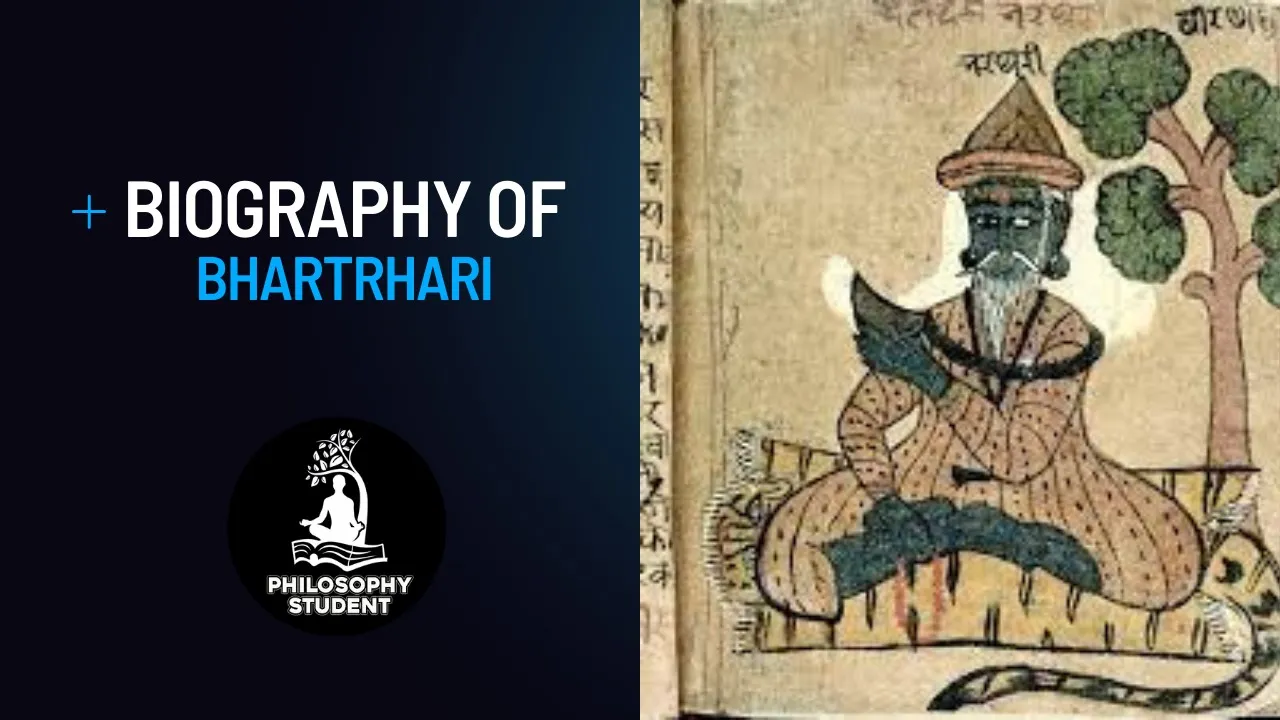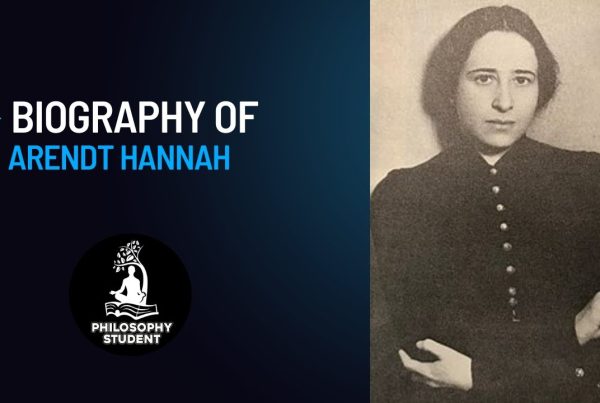Bharthari lived in the fifth century AD and is known through two texts, Satakatraya, a Sanskrit poetic work, and Vakyapadiya, a work of linguistic philosophy concerning Sanskrit grammar. It is the grammatical work that elevates Bhartrhari to an important place in the history of philosophy.
Bhartrihari was not merely a grammarian but a linguistic philosopher, who is associated with the term sphota (“bursting,” or “opening”). As the philosopher used it, the word refers to how the mind transforms linguistic units into coherent speech. He conceptualized sphota as the act of meaningful speech consisting of three elements, conceptualization by the speaker, the performative act of speaking, and comprehension by the interpreter of the speech. Bhartrihari theorized that language and cognition are essentially one. He argued that the meaning of any utterance is known only after the complete sentence is spoken or read. Individual words take on their meaning only in the context of each sentence in which they occur. Bhartrihari derived this understanding from observing speech acquisition in children. The young child watches and listens as one person asks another to perform an action. That utterance is followed by the performance of the action, which thus teaches the child the “meaning” of the spoken words.
Bhartrihari also pondered the capacity of language for expressing self-referential paradox. He cited the example of the phrases “this is unnameable” and “this is unsignifiable,” pointing out that the very act of writing these statements makes the statements both nameable and signifiable. Bhartrihari concluded from this that the act of verbal communication has the potential of transforming a mundane, non-problematic statement into a paradox. He attempted to resolve this paradox by arguing that even what cannot be named or signified can be “indicated,” so that the receiver of the communication understands that, signifiable or not, the thing does exist.




































